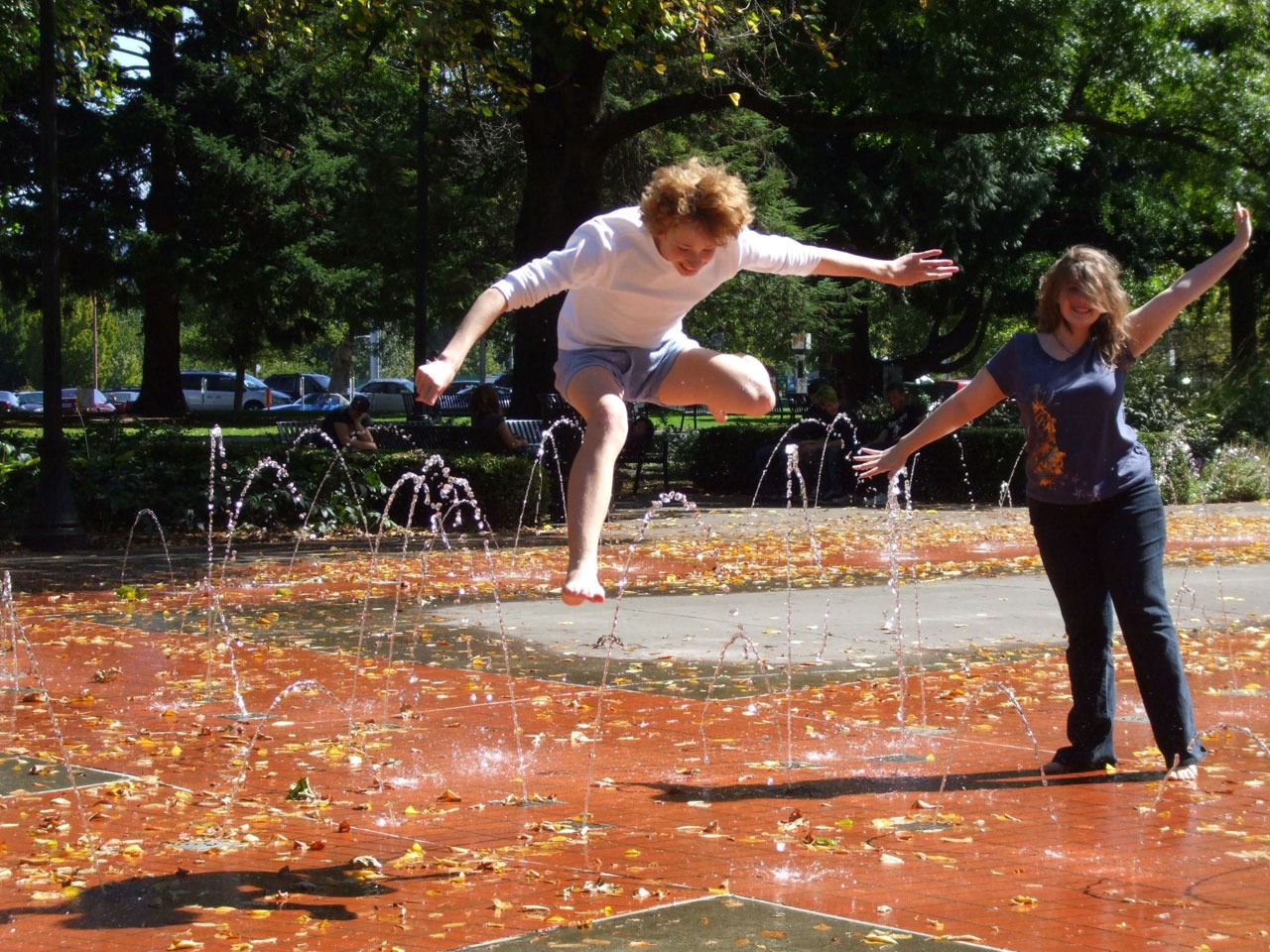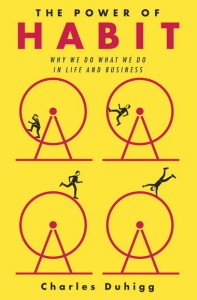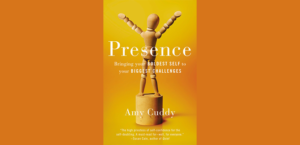Submerged in the responsibilities of life, the seriousness of world affairs, and our mission to practice and perfect our piano music, we often forget to PLAY. Animals, on the other hand, continue to play throughout their adult lives! We may believe that play is somehow no longer appropriate or cast it aside as a frivolous waste of time. Research suggests, however, that play is essential to our well-being, creativity, and health, and even to our success at the piano.
It Boosts Our Creativity
Mark Beeman, Ph.D., at Northwestern University found that people have an easier time solving a puzzle after watching a short comedy clip. Having fun, perhaps by easing tension, may be facilitating neuronal connections helpful for greater mental flexibility and creativity. In another brain imaging study, Dr. Beeman found that activation of pleasure centers in the brain predicted successful puzzle-solving. These findings suggesting that well-being helps us think more creatively and could potentially help us resolve challenging situations, including how to fit in more practice time in the midst of family and work responsibilites.
It Helps Us Think Outside the Box
Barbara Fredrikson, Ph.D., of the University of Chapel Hill – North Carolina found that positive emotions increase our cognitive resources by expanding our visual attention as well as our social resources by improving our ability to connect with others. In other words, play may be a way of getting literally “unstuck.” Taking a break and engaging in a totally frivolous act of fun can help loosen our tension and worries and help us think of different ways to engage with a challenging passage, whether it contains a gnarly trill or tricky fingering.
It Improves Our Health
Laughter is a natural outcome of play. Preliminary studies suggest that, in addition to being enjoyable and relieving feelings of stress and tension, laughter can also improve physical health. It has been linked to decreased stress and inflammation in the body and may improve vascular health. And better health means the stamina and focus to try your hand at performing, not to mention more time to tackle centuries of music waiting to be learned.
It Makes Us Present
One of the reasons play may be so fun is that it brings us into the present moment, which is the only place where we can feel happiness. Pianists, both professional and amateur, often underscore that to play with emotion and meaning, they must reside within the present. When we lose ourselves in play, we can enter a state of Flow, a concept proposed by research psychologist, Mihály Csíkszentmihályi. Flow occurs when we are completely immersed in an activity — the state of being one hundred percent in the present moment, and it is a state of great pleasure.
About 50% of the time, we aren’t in the present moment, according to a study of 5,000 people by Matthew Killingsworth and Daniel Gilbert of Harvard University. Our minds tend to wander and the researchers found that “a wandering mind is an unhappy mind.” No matter what we’re actually doing, pleasant or unpleasant, we are happiest when our mind is in the present moment. When our mind is in the past, it usually dwells on negative emotions such as anger or regret. When it is in the future, anxiety and fear arise. Play makes you present–with the notes on the page, the resonance of the music, the spirit of the composer–and both research and ancient wisdom say that’s the only place you can be truly happy.
It Connects Us
As I described manother article in Feeling It, social connectedness is a fundamental need for human beings. On January 1st 1915, during World War I, a soldier in the in the front line sent home a letter that was first published in the London Times. It described the events of the truce on Christmas Day: ‘The English brought a soccer ball from the trenches, and pretty soon a lively game ensued. How marvelously wonderful, yet how strange it was. The English officers felt the same way about it. Thus Christmas, the celebration of love, managed to bring mortal enemies together as friends for a time.’
This striking story is a reminder that play – the ability to laugh and let go, to inhabit the present, and to be immersed in mirth and lightness of being – can be an ultimate act of love and belongingness. Practicing the piano is a solitary act, yet play may motivate us to establish musical connections we long for, whether attending a concert with friends or starting a practice group with like-minded pianists. When we can laugh and joke, we are remembering our joint humanity, our mutual desire for happiness and love, and our fundamental interconnectedness.
So go ahead, play the piano, and also just PLAY this year!





Improv is my “play” time. Some wonderful unexpected, chord progressions have been discovered without conscious intent. Had to stop long enough to notate; then back to serious practice.